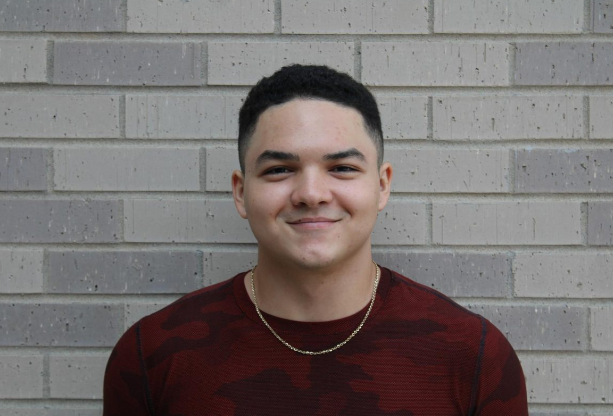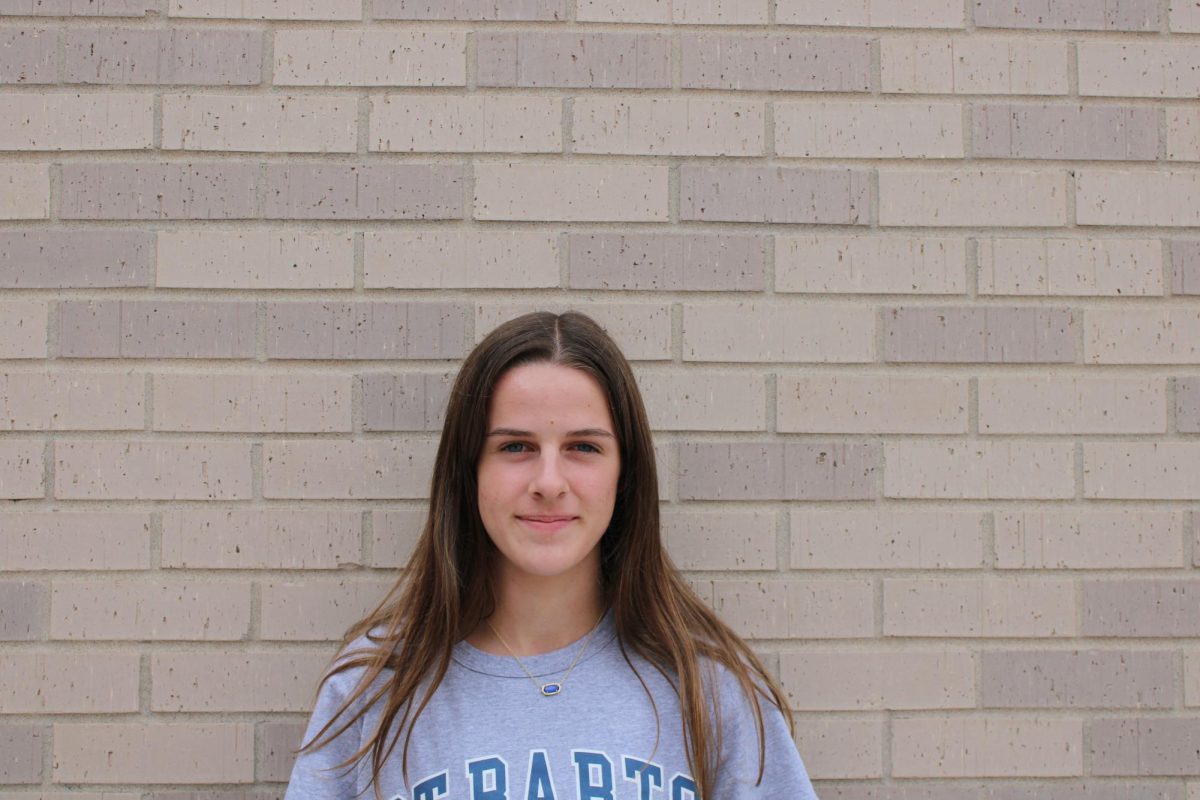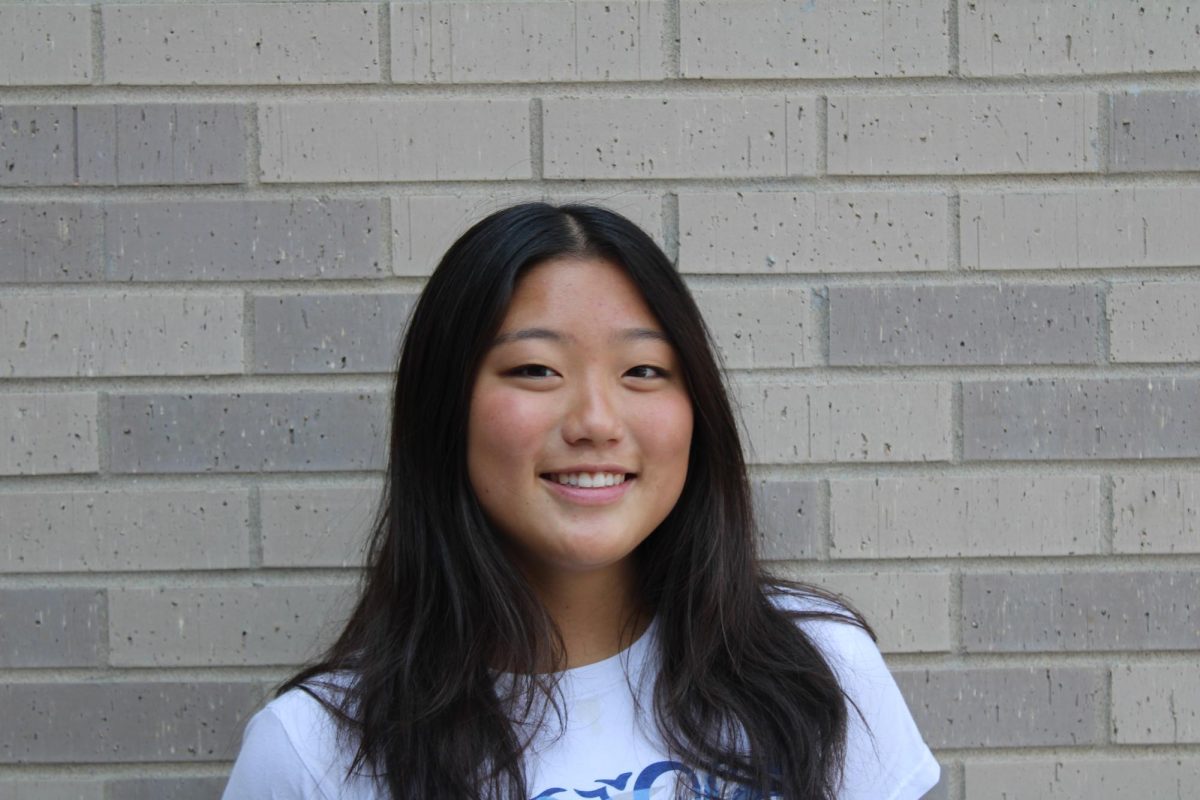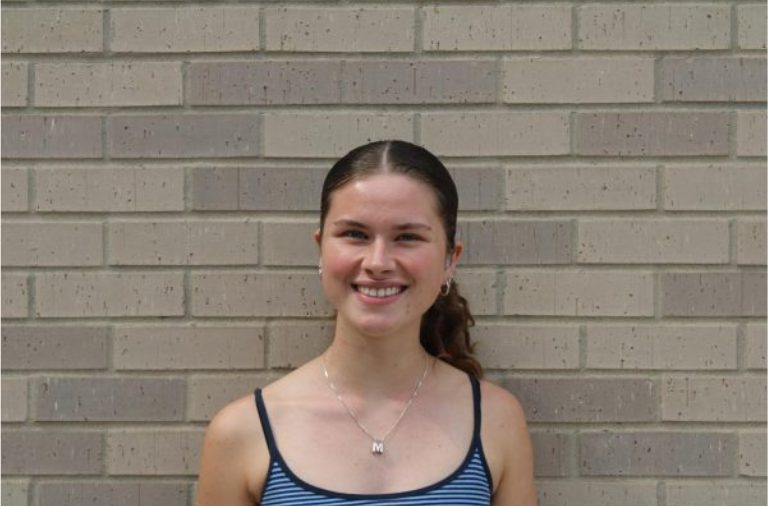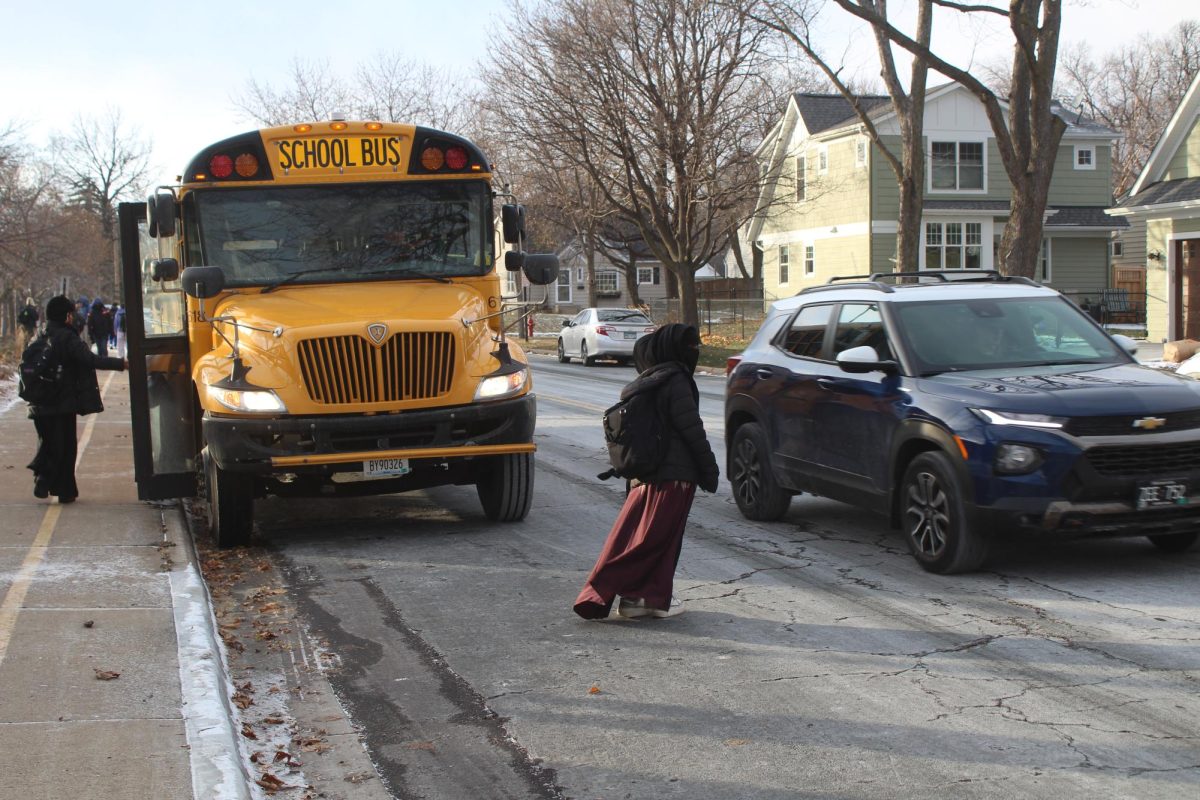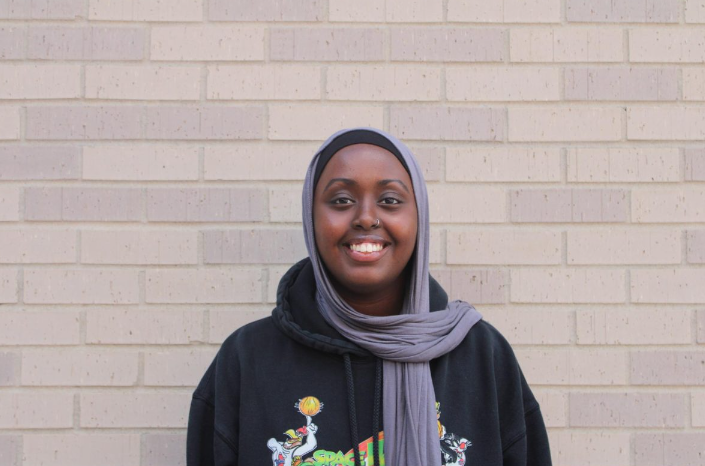When parents, community members or society think about how kids learn in school, ideas like access to technology, classes offered and school resources are often seen as the most impactful factors in kids’ learning. However, one critical aspect is frequently overlooked: the teachers.
Teachers are, by far, the most influential factor in a student’s learning. When people grow up and talk about the most impactful teaching moment, it rarely involves a textbook, it almost always consists of a teacher. Conversations about education in America often focus on the ‘funding of education’ but rarely the funding of teachers. Teachers are substantially more important than any single textbook or sheet of paper. Although these resources are necessary for a child’s education, they’re ineffective without teacher involvement. Sometimes teachers don’t need resources to help a student grasp a concept.
Teachers also play a significant role in children’s development, not just as learners but as individuals. A textbook will never be able to teach the social skills needed to become a productive member of society, nor will it explain why they are necessary in the first place. Educational materials cannot tailor their teaching in the way that teachers can. Teachers can adjust their teaching style to suit each child’s needs, enhancing and benefiting their education. This personalized learning is something educational materials lack.
Teachers are also able to discuss nuance within educational materials. While educational materials might state two plus two equals four, a teacher might explain it as two apples plus two apples equals four apples. This nuanced approach to education allows students to combine what they’re learning with real-life situations. Although educational materials attempt to do this, they cannot replicate the impact of a personalized teaching experience.
Teachers are also able to act as emotional and social support for students. Teachers create a safe and nurturing environment where students feel valued and understood, which is crucial for effective learning; something that educational material, such as textbooks or classroom assignments, is unable to do. The student-teacher relationship dynamic fosters the development of social skills.
When I think about my upbringing in education, I can’t recall a single chapter from my textbooks that truly taught me. However, I can recount dozens of instances where a teacher imparted a subject topic that has had lasting implications on my life. I remember teachers connecting math to real-world situations, enabling me to apply it practically. I recall teachers linking history to contemporary social issues. These are all things that textbooks scarcely achieve.
Beyond their fundamental role as educators, teachers also innovate the learning process and are creators in the classroom. They constantly develop new methods and strategies to engage students. By integrating various methods into their teaching and using interdisciplinary approaches, teachers change traditional lessons into experiences that foster critical thinking and creativity. This creative approach to education underscores the necessity of recognizing and valuing teachers as architects of the future.



